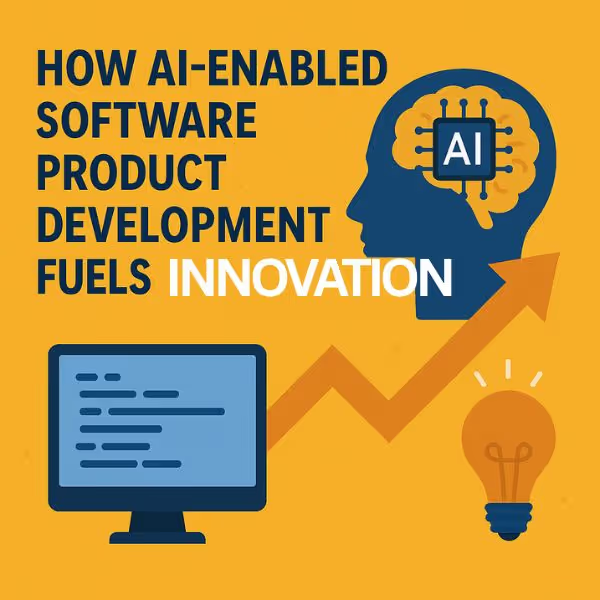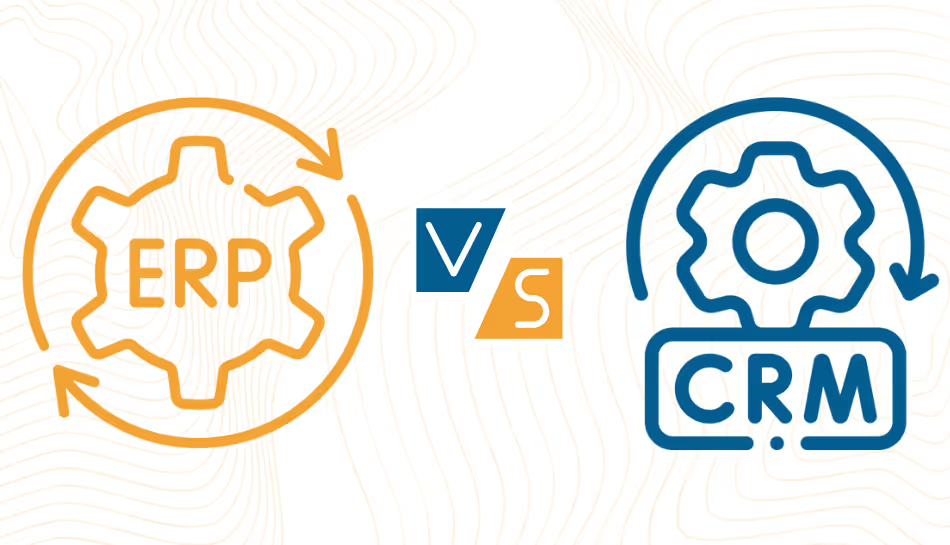
In today’s fast-paced digital world, innovation is not just a goal, it’s a necessity. Businesses are constantly searching for smarter, faster, and more efficient ways to deliver high-quality software products. This is where AI-enabled software development steps in, transforming the way applications are built, tested, deployed, and evolved.
From predictive analytics to intelligent automation, artificial intelligence software development is redefining product development across industries. Let’s explore how AI and software development together are opening up exciting new possibilities and fueling a wave of continuous innovation.
1. Smarter Planning with AI-Powered Insights
Before writing a single line of code, software development starts with planning… understanding user needs, mapping out features, and forecasting resource requirements. AI-powered software development tools now help businesses analyze vast datasets from user behavior, market trends, and past product performance to create smarter, data-backed plans.
AI algorithms can identify what features users value the most, predict product demand, and even suggest potential bottlenecks. This leads to better strategic decisions and more relevant, user-centric products.
2. Faster Development Through Intelligent Automation
One of the key benefits of AI-driven software development is automation. Tasks that once required hours of manual work, such as writing code snippets, debugging, or setting up environments, can now be automated using AI tools.
Developers use AI to auto-generate code suggestions, catch errors in real time, and even recommend performance improvements. These time-saving tools allow teams to focus on building core features instead of getting stuck in repetitive tasks, making the development process faster and more efficient.
3. Enhanced Testing and Quality Assurance
Bugs and glitches can kill user trust and harm your product’s reputation. Traditional testing methods often miss issues or take too long. But AI enabled software development changes the game by introducing intelligent, self-learning test systems.
These AI systems can automatically run test cases, learn from past errors, and adapt their testing strategy over time. They help detect hard-to-find bugs, optimize test coverage, and reduce time spent on QA. The result? Higher-quality software that’s launched faster and with fewer issues.
4. Personalized User Experiences
Modern software products aim to serve individual users, not just the average one. AI based software development allows developers to create adaptive, personalized user experiences by analyzing how people interact with the product.
Whether it’s recommending content, adjusting features based on user habits, or offering personalized support, AI helps software respond intelligently to each user. This level of customization leads to happier users and greater product loyalty.
5. Continuous Learning and Product Evolution
Software doesn’t stop evolving after it’s launched. With AI software development services, companies can continuously learn from real-time data, user feedback, and system performance.
AI tools analyze how users engage with the product, identify what’s working and what’s not, and even suggest improvements. This supports a culture of continuous improvement where software evolves alongside changing user needs, market conditions, and technological advancements.
6. Reducing Costs and Risks
AI doesn’t just help developers work faster, it also helps reduce development costs and business risks. By forecasting problems, prioritizing features, and automating time-consuming tasks, AI enabled software optimizes both time and budget.
It also supports better risk management by predicting outages, flagging security vulnerabilities, and recommending fixes before they impact users. This proactive approach saves companies from costly downtimes or post-launch corrections.
Final Thoughts
The fusion of AI and software development might seem like a passing trend, but it’s a long-term shift toward more intelligent, responsive, and efficient product creation. From idea to execution and beyond, AI driven software development empowers teams to innovate faster, adapt quicker, and deliver software that truly meets the needs of today’s users.
Whether you’re building a new digital product or upgrading an existing platform, investing in AI software development services will give you a future-ready edge. With AI-enabled software, innovation is no longer a distant goal... it’s part of your everyday workflow.

